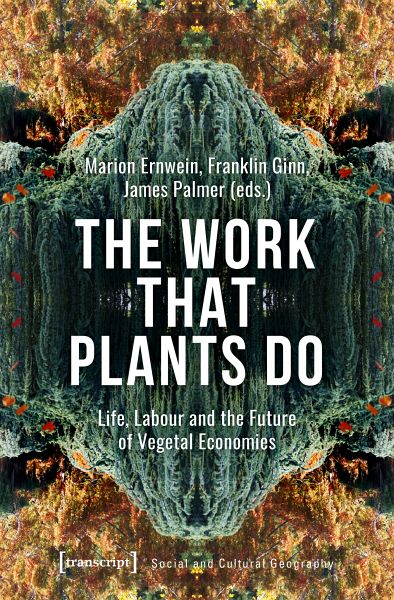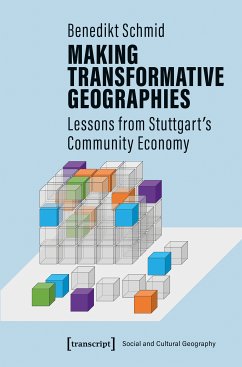
The Work That Plants Do (eBook, PDF)
Life, Labour and the Future of Vegetal Economies
Redaktion: Ernwein, Marion; Palmer, James; Ginn, Franklin

PAYBACK Punkte
0 °P sammeln!
Whether driven by developments in plant science, bio-philosophy, or broader societal dynamics, plants have to respond to a litany of environmental, social, and economic challenges. This collection explores the `work' that plants do in contemporary capitalism, examining how vegetal life is enrolled in processes of value creation, social reproduction, and capital accumulation. Bringing together insights from geography, anthropology, and the environmental humanities, the contributors contend that attention to the diverse capacities and agencies of plants can both enrich understandings of capitali...
Whether driven by developments in plant science, bio-philosophy, or broader societal dynamics, plants have to respond to a litany of environmental, social, and economic challenges. This collection explores the `work' that plants do in contemporary capitalism, examining how vegetal life is enrolled in processes of value creation, social reproduction, and capital accumulation. Bringing together insights from geography, anthropology, and the environmental humanities, the contributors contend that attention to the diverse capacities and agencies of plants can both enrich understandings of capitalist economies, and also catalyze new forms of resistance to their logics.
Dieser Download kann aus rechtlichen Gründen nur mit Rechnungsadresse in A, B, BG, CY, CZ, D, DK, EW, E, FIN, F, GR, HR, H, IRL, I, LT, L, LR, M, NL, PL, P, R, S, SLO, SK ausgeliefert werden.













